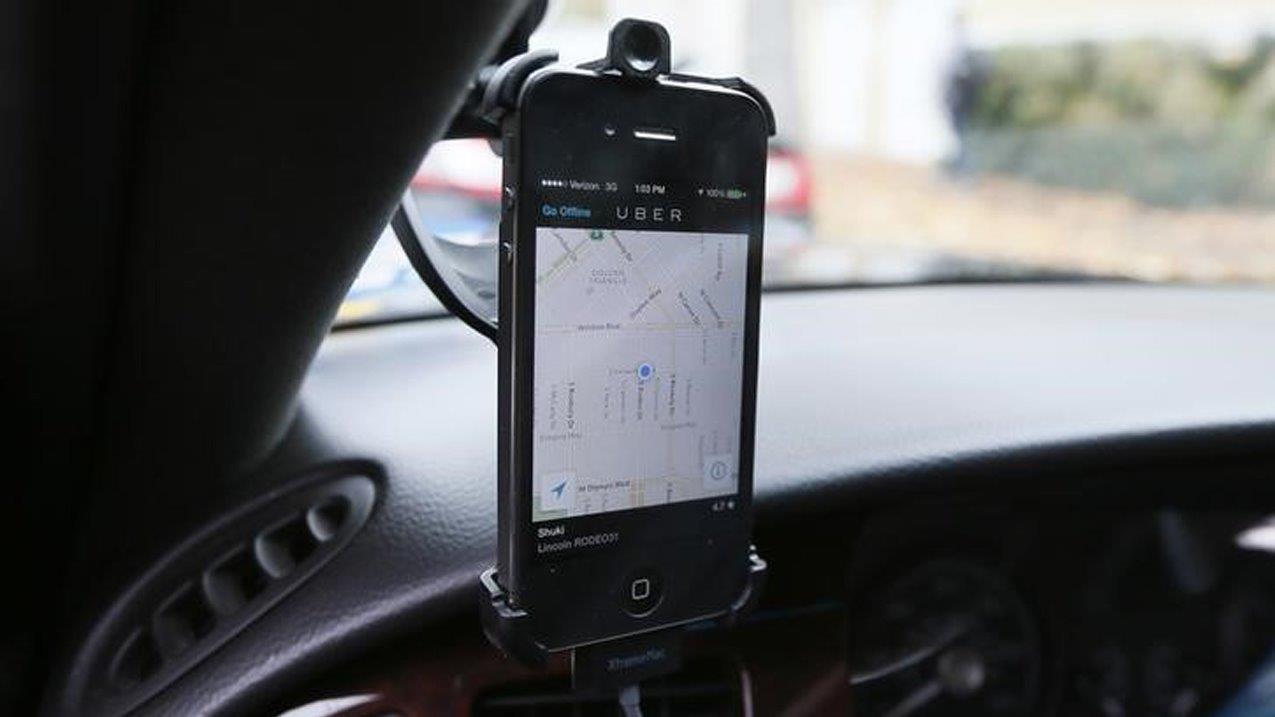MoviePass will sell user data to Uber, Hollywood studios & restaurants to make a profit
That decision did not automatically apply to the app's 50,000 drivers in Britain but was seen as likely to prompt more claims.
It could benefit workers at thousands of companies including firms in the "gig economy", where individuals work for multiple employers without a fixed contract, such as courier Deliveroo.
The Independent Workers Union of Great Britain, which backed the two drivers, said these companies were "choosing to deprive workers of their rights".
"Today’s victory is further proof, as if any more was needed, that the law is clear and these companies are simply choosing to deprive workers of their rights," said Jason Moyer-Lee, the IWGB's general secretary.
Uber says its drivers enjoy the flexibility of their work and are self-employed, entitling them in British law to only basic entitlements such as health and safety.
The firm argued in September that its drivers operate in the same way as minicabs, or private hire vehicles, which sprung up in Britain more than 50 years ago.
On Friday it confirmed it would appeal against the latest decision. A spokesman said the company had 14 days to submit its application and decide whether to apply to take the case to the Supreme Court, Britain's top judicial body.
"Over the last year we have made a number of changes to our app to give drivers even more control," said Uber UK’s Acting General Manager Tom Elvidge in a statement. "The main reason why drivers use Uber is because they value the freedom to choose if, when and where they drive."
Yaseen Aslam, one of the drivers involved in the case, said they would continue their fight to ensure workers' rights were respected.
"I am glad that the judge today confirmed what I and thousands of drivers have known all along: that Uber is not only exploiting drivers, but also acting unlawfully," he said.
Uber, which is valued at around $70 billion with backers including Goldman Sachs and BlackRock, will be back in court on Dec. 11 to appeal a decision by London's transport regulator to strip the app of its licence.
Transport for London shocked Uber in September by deeming it unfit to run a taxi service and refusing to renew its licence, citing the firm's approach to reporting serious criminal offences and background checks on drivers. (Reporting by Michael Holden and Costas Pitas; editing by Stephen Addison)




















